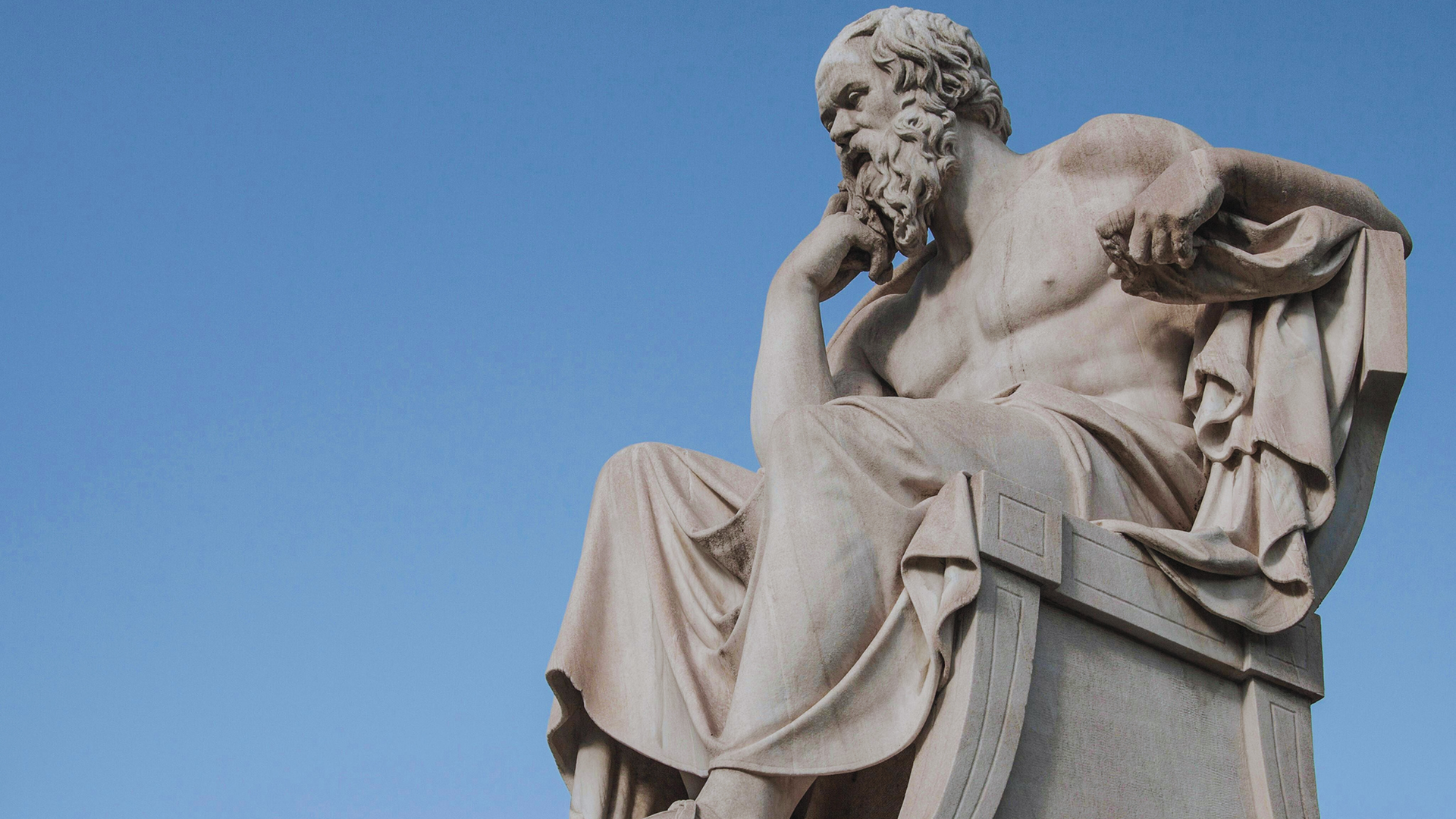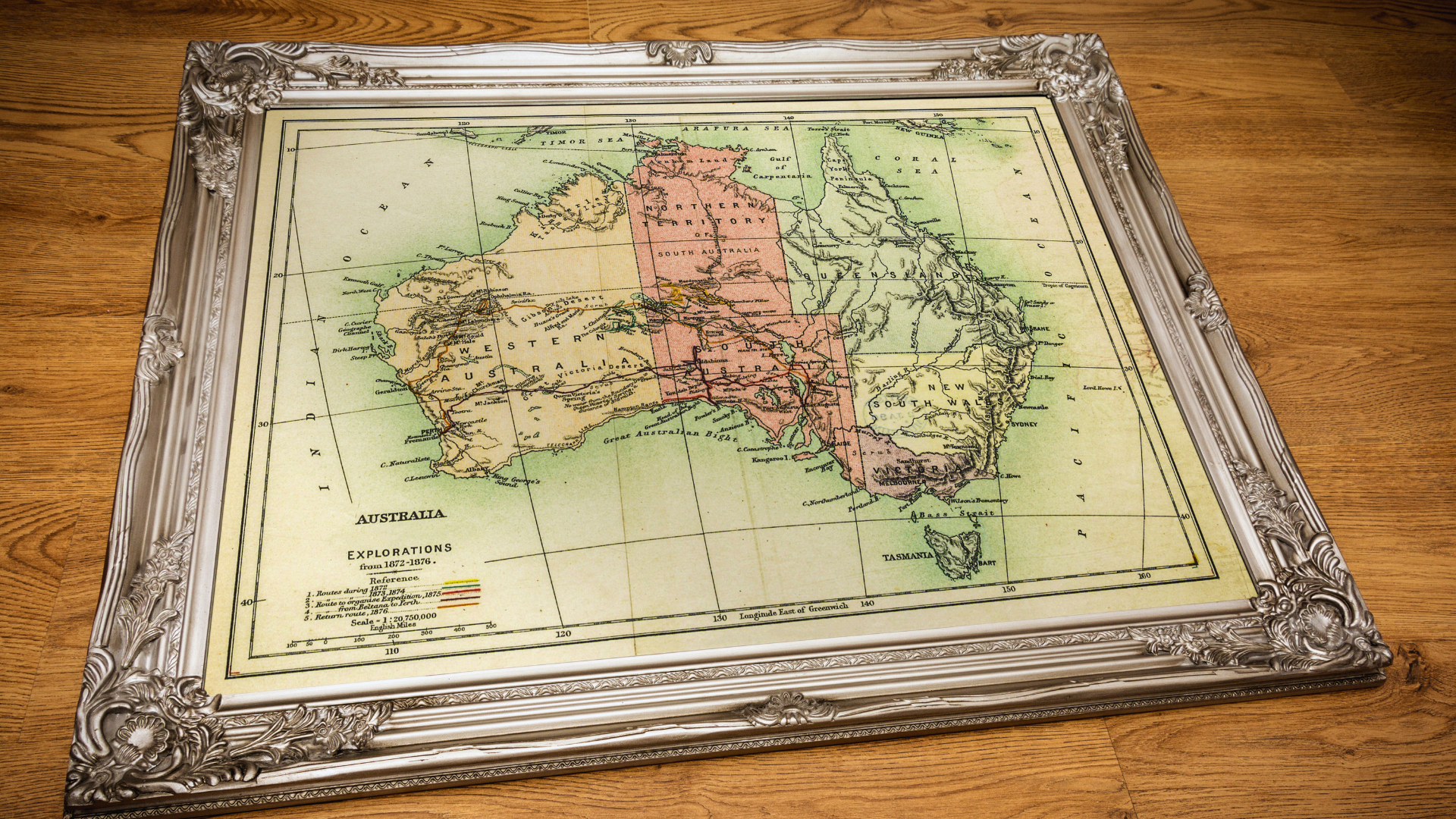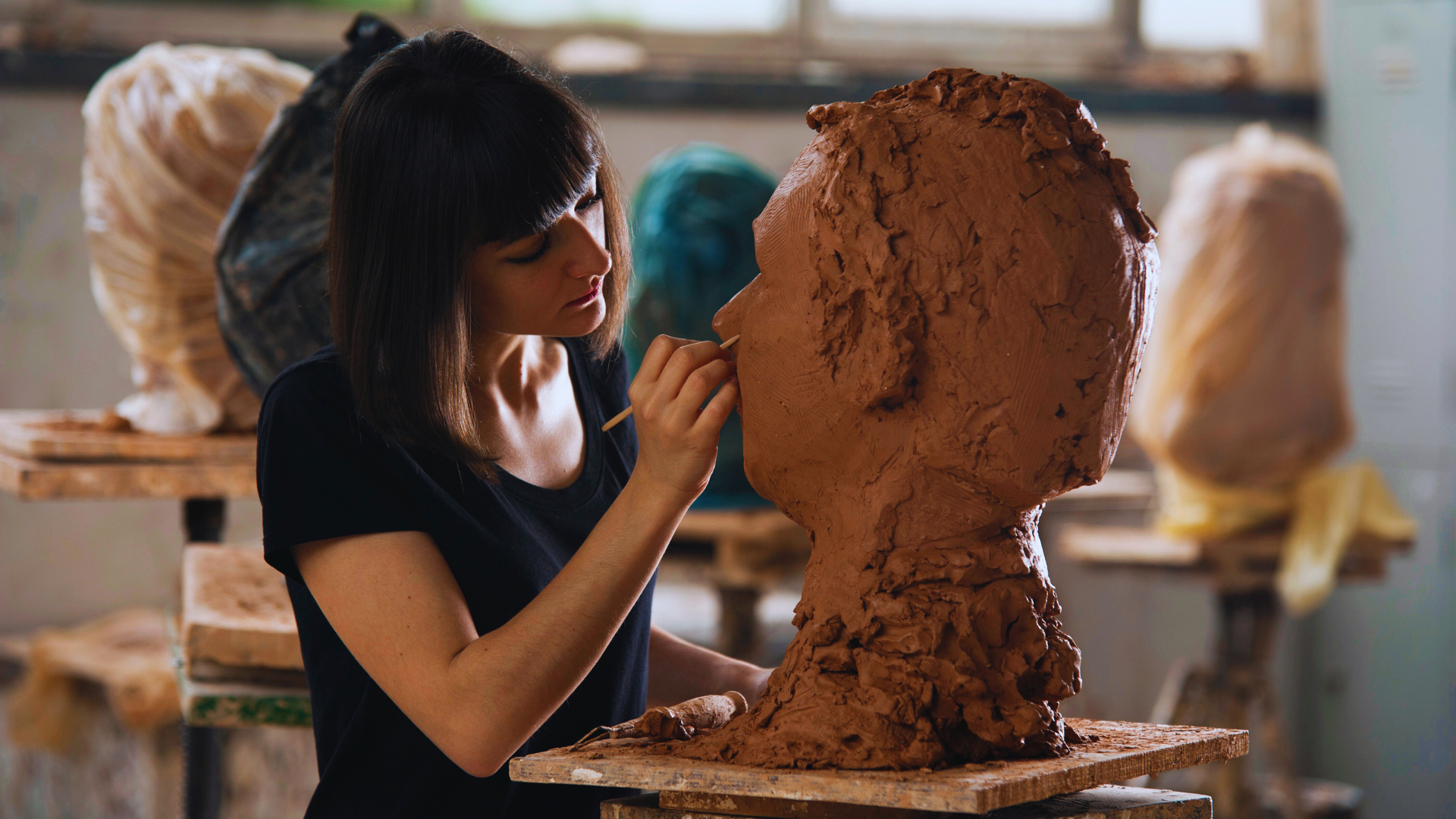Ancient philosophies offer timeless wisdom that resonates with the modern quest for self-care. Practices rooted in Stoicism, Buddhism, and Taoism emphasize mindfulness, balance, and inner strength, which are crucial for navigating today’s fast-paced world. These philosophical teachings provide a framework for individuals seeking to enhance their well-being through reflective practices and intentional living.
As the pressures of contemporary life mount, many turn to these ancient ideologies for guidance. The principles of moderation, self-reflection, and compassion found in these philosophies are increasingly relevant today. Adopting these values can empower individuals to cultivate a deeper connection with themselves and their surroundings.
Exploring the intersections between ancient thought and modern self-care reveals practical strategies for personal growth. By integrating philosophical insights into daily routines, individuals can foster resilience and emotional health. The lasting impact of these philosophies helps shape a more thoughtful approach to self-care that is both profound and practical.
Foundations of Ancient Philosophy in Self-Care
Ancient philosophies laid the groundwork for modern self-care practices, emphasizing values like balance, wellness, and the interconnectedness of mind and body. These philosophies continue to inform contemporary approaches to personal well-being.
Principles from Ancient Civilizations
Ancient civilizations, such as those in Greece, China, and India, contributed immensely to self-care concepts. They advocated for a holistic approach, viewing health as a balance between physical, emotional, and spiritual well-being.
The Greeks, particularly through Socrates and Aristotle, promoted self-examination and moderation. Their ideas encourage individuals to reflect on their life choices, cultivating a sense of balance.
In contrast, Chinese philosophy emphasizes harmony with nature and the flow of energy, or Qi. Practices like Tai Chi and acupuncture stem from this understanding. Similarly, Ayurveda from India focuses on bodily systems and the importance of diet, lifestyle, and mental health.
Core Philosophies Impacting Modern Practices
Several core philosophies emerged from ancient thought that directly impact modern self-care. Stoicism, with its focus on resilience and personal agency, encourages individuals to manage their emotions and reactions, fostering mental clarity.
Buddhism contributes mindfulness practices, promoting awareness and meditation. These techniques help manage stress and encourage present-moment awareness, forming essential components of self-care in today’s society.
Additionally, Confucianism underlines the importance of community and relationships. Modern self-care often emphasizes social connections as vital for emotional stability, reflecting ancient teachings.
Interconnectedness of Mind and Body
The view of the mind and body as interconnected began with ancient philosophies. Greek thinkers, like Hippocrates, advised on the relationship between mental states and physical health, laying the foundation for modern psychology.
Eastern philosophies similarly emphasize this connection. In Traditional Chinese Medicine, emotional health is directly linked to physical health. Practices like meditation and yoga support this unity, showing that emotional well-being can impact physical conditions.
Modern self-care increasingly recognizes the need for a multi-faceted approach, integrating mindfulness, physical activity, and emotional support. This holistic perspective aligns closely with ancient principles, demonstrating their lasting relevance.
Transformative Practices: From Ancient Rituals to Modern Wellness
Ancient philosophies have shaped numerous transformative practices essential for modern self-care. These practices promote physical health, mental clarity, and emotional balance, making them indispensable in contemporary wellness routines.
Meditation, Mindfulness, and Balance
Meditation and mindfulness have roots in ancient traditions, particularly in Eastern philosophies. They foster a deep sense of awareness and presence, which can enhance emotional resilience. Regular engagement in these practices helps individuals manage stress, improve concentration, and cultivate inner peace.
Meditative techniques often involve focused breathing and visualization. Incorporating a few minutes daily can create a significant impact. Furthermore, many modern self-care routines integrate mindfulness exercises, such as mindful eating or walking, to enhance daily experiences.
Physical Activity and Exercise
Ancient cultures recognized the significance of physical activity in promoting health and longevity. Practices like yoga and tai chi combine physical movement with mindfulness, promoting balance and flexibility. This holistic approach connects the body and mind, ensuring that physical exercise also benefits mental clarity.
Modern wellness emphasizes regular physical activity through various forms of exercise. From structured workouts to recreational sports, the choices available cater to diverse preferences. A consistent exercise routine can help detoxify the body and enhance overall vitality.
Healing Through Natural Remedies and Herbal Medicine
Ancient healing practices often utilized natural remedies and herbal medicine to treat ailments. These approaches focus on the body’s innate ability to heal itself, harnessing the power of plants and natural substances. Modern self-care increasingly incorporates these techniques, promoting wellness without relying solely on pharmaceuticals.
Herbal tinctures, teas, and essential oils are common in today’s practices. For instance, chamomile and lavender are known for their calming effects. Incorporating these remedies into daily routines enhances both physical health and emotional well-being.
Holistic Approaches to Mental Health
Holistic mental health approaches draw from ancient wisdom, recognizing the interconnectedness of mind, body, and spirit. Techniques such as aromatherapy, journaling, and gratitude practices are increasingly popular in modern self-care. They encourage individuals to explore their feelings and foster emotional balance.
The integration of physical health, spiritual practices, and emotional clarity forms the foundation of holistic mental health. This multifaceted approach proves effective for managing anxiety and depression. By considering the whole person, one can achieve lasting wellness and inner harmony.
Philosophical Schools and Their Modern Self-Care Influence
Ancient philosophies provide valuable insights into modern self-care practices. They emphasize resilience, control, and happiness, helping individuals navigate personal growth and wellness.
Stoicism: Resilience, Control, and Inner Strength
Stoicism teaches that individuals can cultivate resilience by focusing on what is within their control. This philosophy encourages people to differentiate between external events and their reactions.
By practicing self-discipline and mindfulness, they can develop inner strength. Techniques such as negative visualization prepare individuals for life’s challenges by fostering acceptance and reducing anxiety.
In modern self-care, Stoicism is reflected in practices like journaling and cognitive reframing. These methods promote emotional regulation and help people respond to stress more effectively.
Epicureanism: The Pursuit of Happiness and Well-Being
Epicureanism posits that happiness is achieved through the pursuit of simple pleasures and meaningful connections. This philosophy prioritizes mental well-being over material wealth, emphasizing the importance of friendship and community.
Modern wellness trends incorporate these ideas by encouraging mindfulness and gratitude practices. They advocate for savoring experiences rather than accumulating possessions.
Epicurean practices also include moderation, which contributes to long-term well-being. This is evident in the promotion of balanced diets and self-care routines that focus on nurturing both the body and mind.
Yoga and Ayurveda: Ancient Pathways to Health
Yoga and Ayurveda are interconnected systems rooted in ancient Indian philosophy. They emphasize holistic health—integrating body, mind, and spirit.
Yoga promotes physical and mental well-being through postures and breath control. It enhances flexibility, strength, and stress relief, making it a valuable component of modern self-care.
Ayurveda offers personalized approaches to health. It focuses on diet, herbal remedies, and lifestyle choices tailored to individual constitutions. This alignment with natural rhythms supports overall wellness.
Both practices underline the significance of balance within oneself, reflecting a growing trend in self-care focused on integration and harmony.
Traditional Chinese Medicine and Integration
Traditional Chinese Medicine (TCM) emphasizes balance among bodily systems. It uses techniques such as acupuncture, herbal medicine, and tai chi to promote health.
Modern self-care has increasingly integrated TCM principles. Practices like acupuncture are now widely accepted for managing stress and pain.
TCM’s focus on prevention rather than treatment resonates with current wellness approaches. This philosophy encourages proactive health measures, such as mindfulness practices and dietary adjustments, contributing to lasting well-being.
Influential Ancient Cultures Shaping Modern Self-Care
Ancient cultures have left significant legacies that continue to inform modern self-care practices. The contributions of ancient Greece, Rome, Egypt, and the Mayans play a pivotal role in shaping contemporary approaches to health and wellness.
Contributions from Ancient Greece
Ancient Greece set the foundation for many principles of modern self-care. The Greeks emphasized the importance of balance through the concept of harmony between body and mind. Figures such as Hippocrates promoted the idea that health was tied to diet and lifestyle.
Asclepius, the Greek god of healing, was central to practices involving healing temples. Public baths and gymnasiums were commonplace, focusing on both physical fitness and hygiene. Ancient Greeks also valued communal activities, as seen in the Olympic Games, which fostered physical competition and wellness.
Ancient Rome’s Lasting Legacy
Ancient Rome adopted and advanced many Greek health concepts, emphasizing public health through structured sanitation systems and communal baths. The Romans promoted the idea of wellness through regular hygiene, exercise, and nutrition.
Roman surgical practices were notably progressive for their time, laying the groundwork for modern medicine. They created elaborate public bathhouses that served as social hubs. These baths facilitated relaxation and community bonding, integral aspects of self-care that persist today.
Wellness Practices in Ancient Egypt
Ancient Egyptians placed high importance on spiritual and physical well-being. They believed that health was a gift from the gods and practiced various rituals to maintain it. Their use of herbal medicine is well-documented, reflecting a deep understanding of natural remedies.
They also engaged in sun worship and meditation, illustrating a holistic approach to health. Public health measures included maintaining cleanliness and employing skilled practitioners for care. Such practices set precedents for modern integrative self-care.
Impact of Mayan Principles
Mayan civilization incorporated a holistic approach to health, intertwining spirituality with physical care. They practiced advanced agricultural methods, recognizing the importance of nutrition in well-being. Herbal remedies and ritualistic practices were fundamental in maintaining health.
The Mayans also emphasized mental health, fostering community gatherings and promoting mindfulness. Their understanding of disease and its connection to environmental factors still resonates in modern self-care philosophies. The blend of body, mind, and community remains a vital aspect of contemporary wellness practices.





